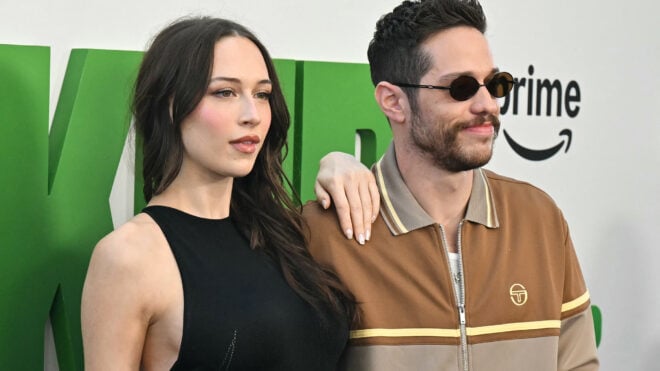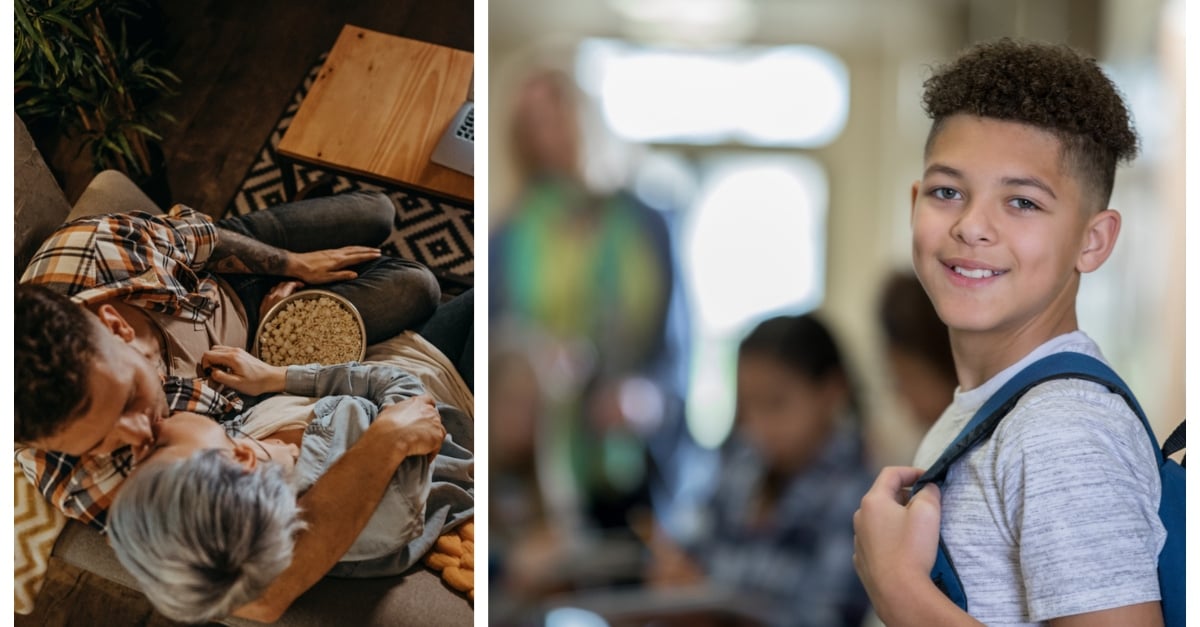
My son's dad and I have always been committed to being honest with him, and this commitment extends to a whole host of topics that are often challenging and sometimes uncomfortable. And because I grew up in a home where the mere mention of anything to do with sex, sex education, intimate body parts, or even perfectly normal experiences like menstruation would be ignored or get you in trouble, I knew I wanted to make sure that my own child arrives at adulthood with a healthy attitude toward sexuality, his own body, and things that bodies go through as they age.
This is all why we decided to begin "the sex talk" with our son from as early an age as we could. While we have been careful to use age-appropriate language with him throughout the years, it's been pretty easy to make sure sex education is just part of his life on this planet.
Our approach may not be for everyone, but here's why I think sex education should begin as soon as your child starts indicating an interest in their own body, and in the bodies of others.

I didn't grow up in a home where sex or anything to do with the personal aspects of having a body was talked about. Like, at all. Intimate scenes in movies were fast-forwarded through, and TV shows were turned off if they even hinted at sex or sexuality. While my father sometimes imposed oddly strict religious measures on our home (usually with no warning and for no discernible reason), I don't think religion had anything to do with it. I think my parents didn't know how to talk about sex and sexuality, so they just … didn't.
And when I talk to friends about this, I often find out that I'm not alone.
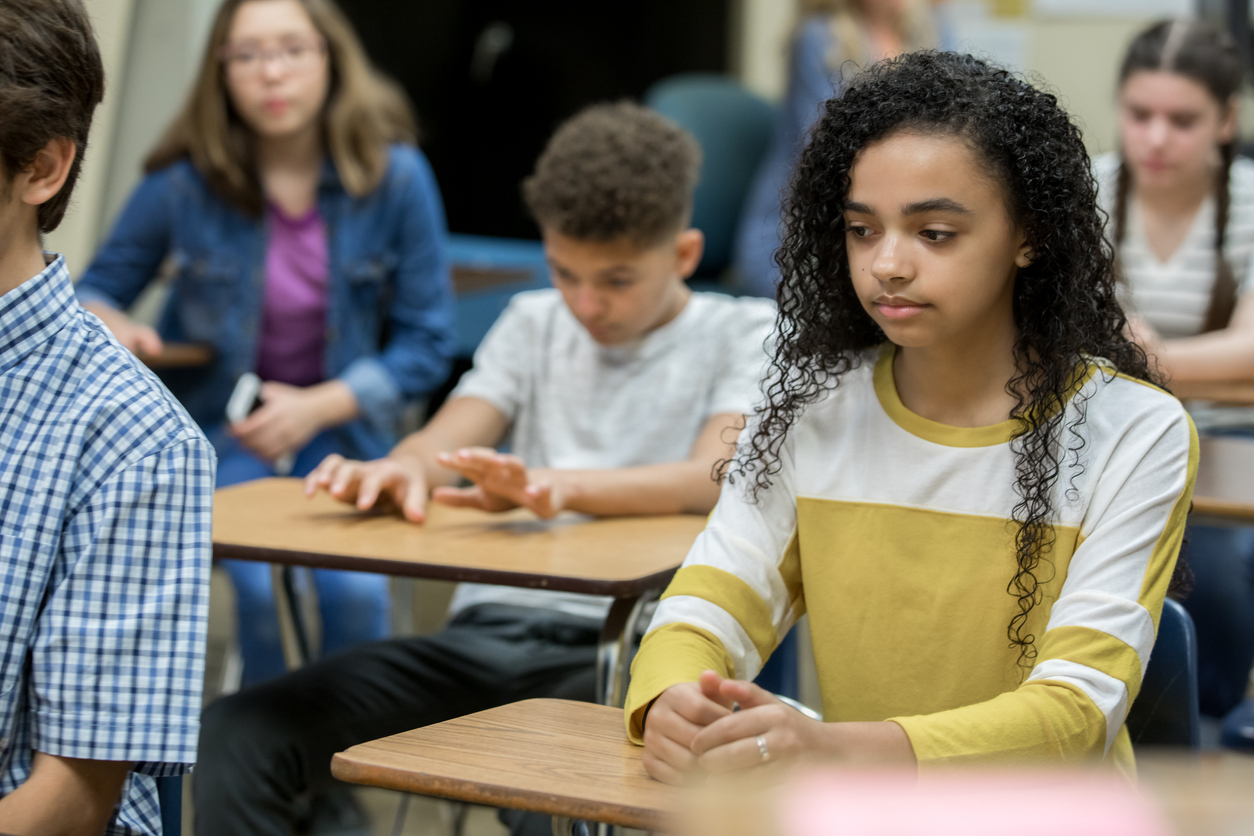
When it comes to sex education in the United States, multiple sources indicate that we're not doing that great of a job. Right now, a lot of sex education is left up to schools, and schools generally opt for one of three approaches: abstinence-only, abstinence-plus, and comprehensive curricula.
Abstinence-only was definitely the name of the game at my middle school in Alabama, where we glossed over the bare-bones mechanics of sex, and morality was emphasized above all else. And for what it's worth, this year Alabama has the 10th highest rate of teen pregnancies.
There was never a mention of STDs or STIs. I don't recall a single instance during which condoms or birth control were brought up at all, and most of the "sex education" was about what to do when you got your first period. That last bit was helpful since I didn't get that conversation at home, either.

The idea of leaving sex education up to a school has always been a bit baffling to me. I'm a big believer in the idea that the best places to have tough conversations with your kids are at home, in a safe space, where they can ask any questions they want.
The United States is also "the last developed country to create national standards for sex education," which doesn't really lend any confidence to the idea that schools are the place for such an important conversation.

The biggest reason I believe sex education should begin early, and that the conversation should happen often, is that sexuality and sexual expression are totally normal, healthy parts of living life as a human. Most of us will have sex, and we will encounter sexual situations.
It doesn't make sense to me to willfully fail to arm my child with sound knowledge and exposure to age-appropriate information, or not let him know that he can ask us literally anything on the topic and we will give him an answer.
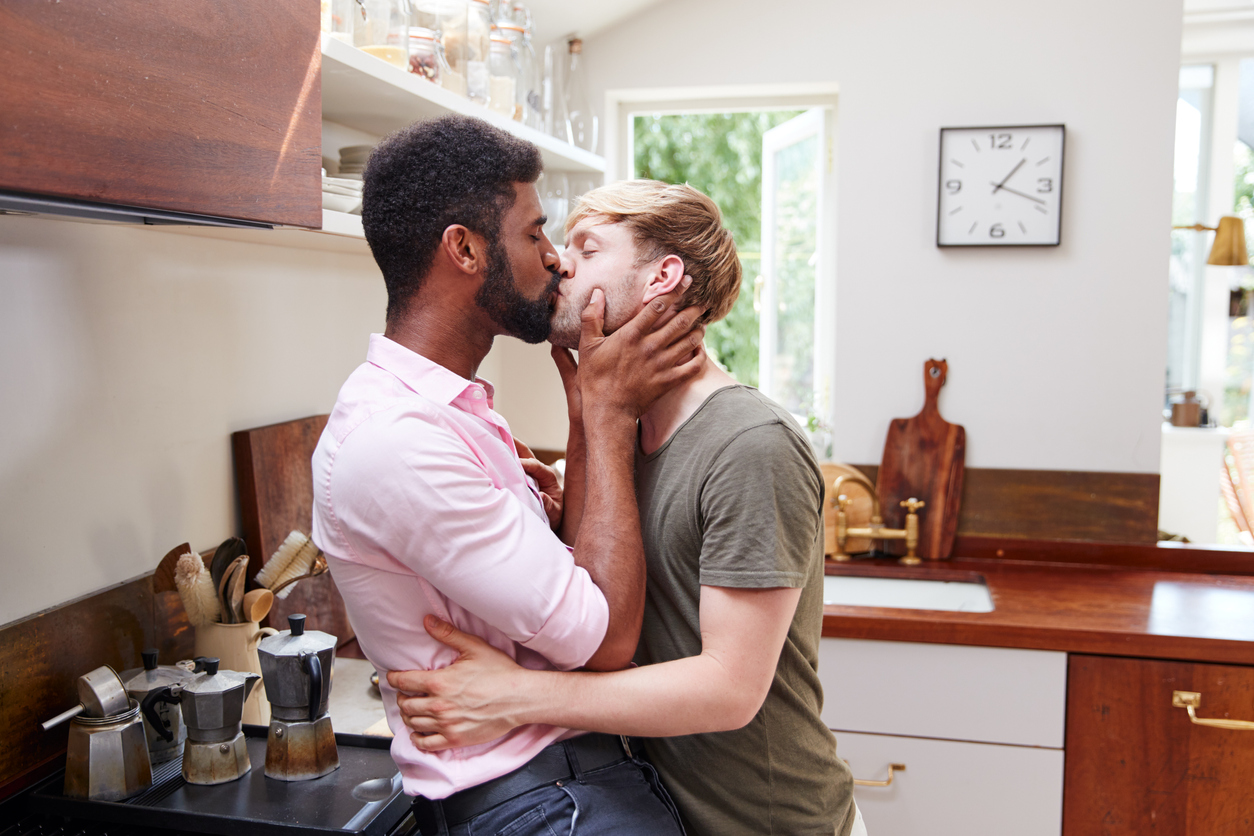
From my experience, one of the biggest downsides of not being properly educated and informed about sex and sexuality is that I had to figure out a lot of it by myself when it started happening around and to me. And you know who I turned to for advice and insight? Other clueless kids. The idea of my son having any kind of sexual experience, being confused or thrilled about it, and then turning to other kids his age for advice about the next steps totally terrifies me way more than having to deal with the potentially uncomfortable feelings that might arise while he and I talk about it instead.
Also, a lot of sex education is centered on heterosexual relationships and experiences, especially in public school sex education classes. It's important to me that my son knows there are a lot of sexual preferences and ways to express sexuality out there.

Other countries take a different approach. In the Netherlands, comprehensive sex education beings early: at age 4. "The underlying principle is straightforward: Sexual development is a normal process that all young people experience, and they have the right to frank, trustworthy information on the subject," reports PBS.
Ineke van der Vlugt, an expert on youth sexual development, explains that the program exists because they wanted to change the narrative about sexuality. "There were societal concerns that sexualization in the media could be having a negative impact on kids. We wanted to show that sexuality also has to do with respect, intimacy, and safety."
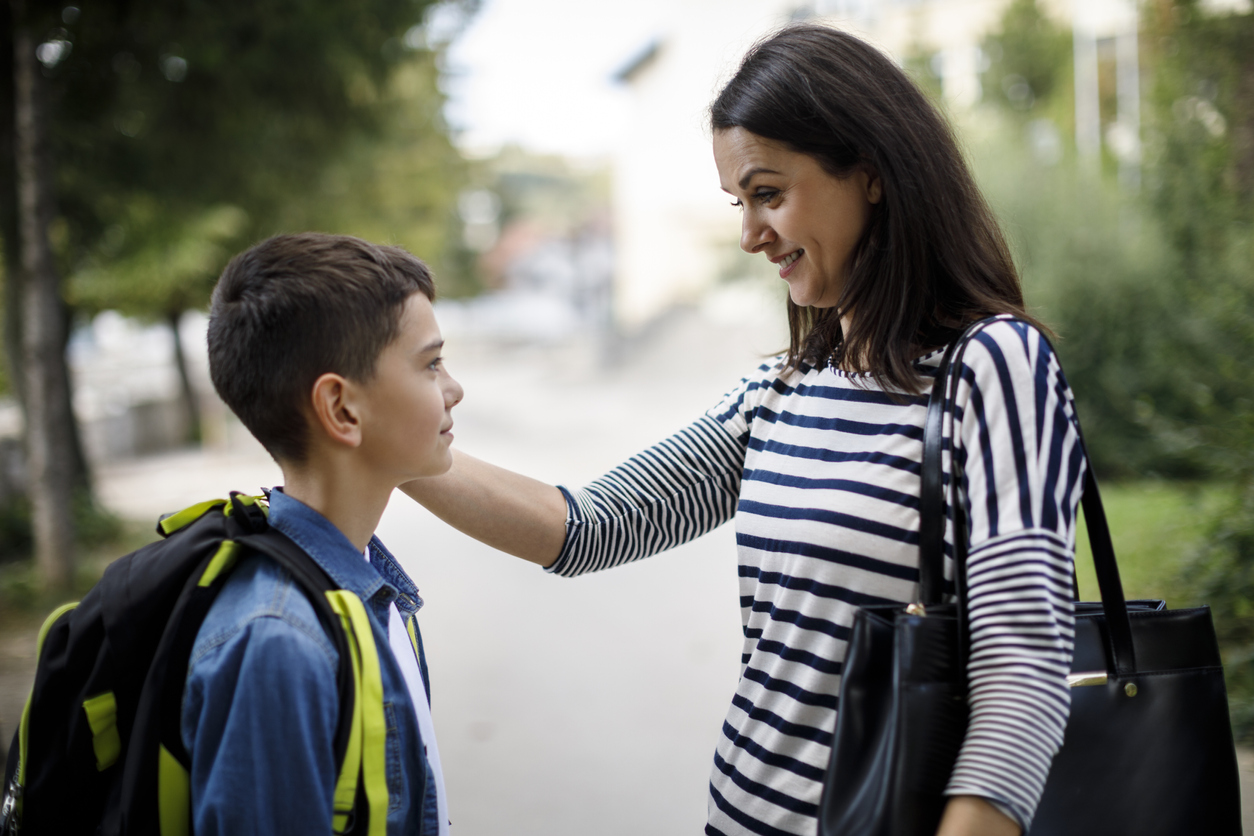
I know that as a mom, my hope is that my son can approach sex and sexuality with an open, positive mind. I want him to celebrate himself and the sexuality of any partners he might have. And before he gets to that step, I want him to understand the changes his body will go through as he gets older, to know the names for each of his body parts, and to understand that sex and sexuality are deeply personal and that the entire topic should be handled delicately and with respect, both for himself and when he's with others.
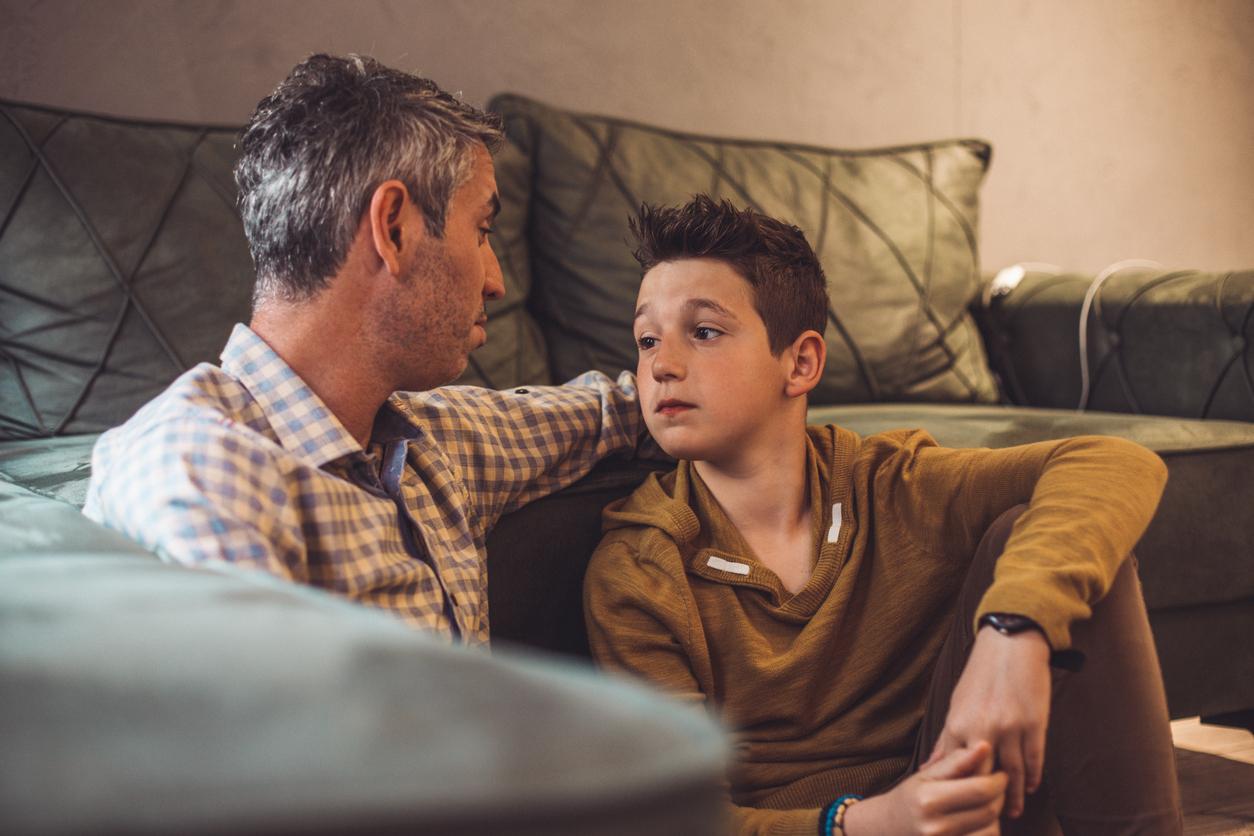
Also, I suspect that many boys are not raised with the kind of sex education that girls are. A friend shared that while she was given access to plenty of information about sex and sexuality, and that her mother was very frank with her while growing up, she's unsure if her mother was the same with her older brothers. She thinks that it's a problem that probably happens a lot, with potentially dire consequences.
"Still today, men are expected to view sex as a conquest, something they have to obtain, chase after, earn, etc. And women are expected to view sex as something they are supposed to protect, or 'give away' as a trophy of sorts."
Another friend echoed parts of this, as she explained that talking about sex and sexuality with her son and two daughters is the same no matter what:
"When I was pregnant with my third child, my son (4 at the time) started asking questions. How did the baby get in there? How does it get out? We answered simply and let him set the pace. Little by little he got all of the biology of how babies are created and how they come into the world. It never bothered him and he has since continued asking us questions. When he was with me in a public restroom he saw the tampon machine and wanted to know what it was. I told him."

Of course, conversations about sex and sexuality are personal and are unique to each family. However, in this day and age, kids of all ages have more access to information and disinformation right at their fingertips, often via the devices that their parents have bought for them. If the idea of my son asking his friends for advice about sex and sexuality freaks me out, you better believe that I am terrified of the idea that he might get his advice from articles and videos online.
As my friend Brittany said, "[Sex education] doesn't stop because growth and development in our children is not a one-time or stagnant process. Their bodies are wonderful and function in incredible ways. They need to know how to take care of themselves, and in our family, we want to be that safe place where questions can be welcomed and there's no room for shame."
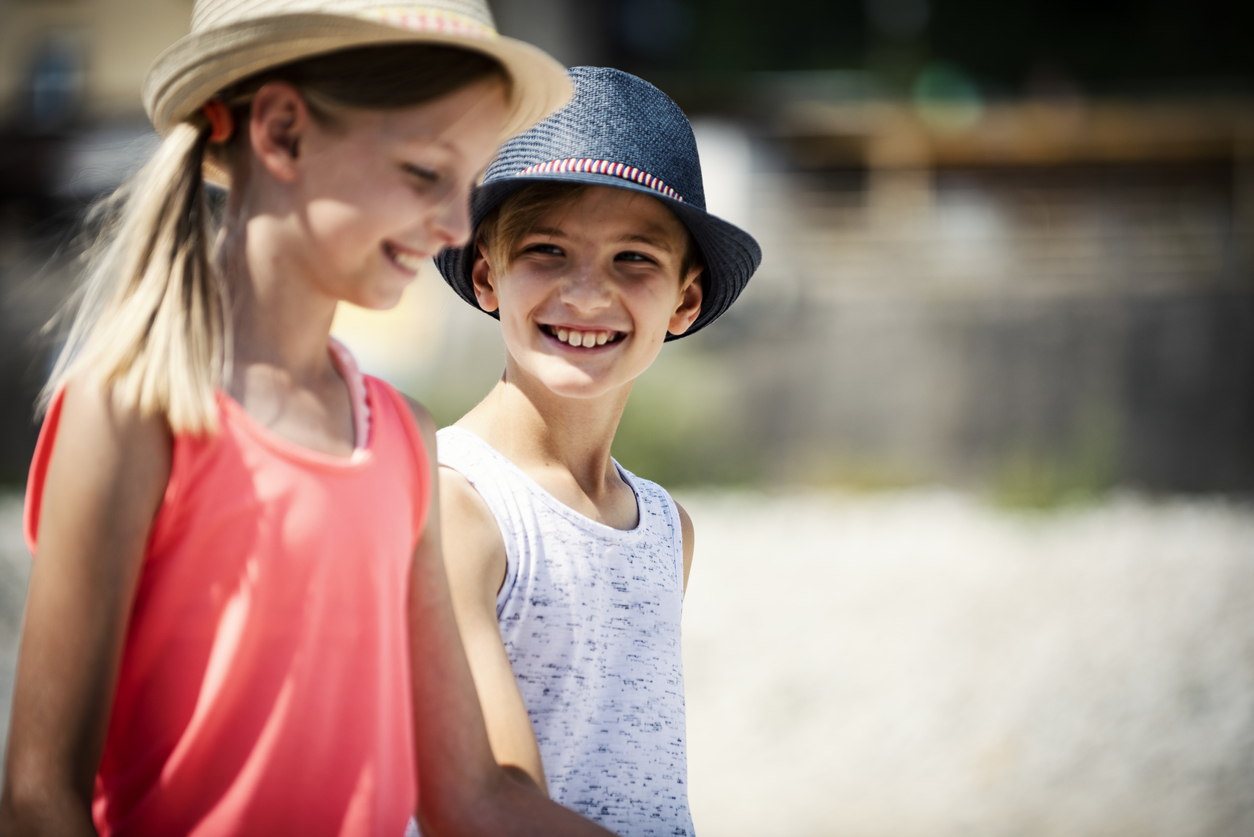
Ultimately, for me, making sure my son has proper sex education from as early an age as possible has just been another part of being a mom. Giving him this education is the same as giving him any other kind of education or tool. It's something that he will be able to carry with him the rest of his life, and he can look back on it and figure out what works for him and what doesn't. Either way, I can feel more confident that I've offered him as much information as I can, and that he knows how to find out more when he needs or wants to.
Because the thing is, my kid is probably going to encounter sex and sexuality, and those encounters will probably happen with different people, in different situations. Ideally, they would be positive encounters for him and for whoever is involved … but if he's never taught that sex and sexuality should be celebrated, that it's something that is willfully shared and shouldn't be taken, how can I expect him to just know it?
Really, my friend Brooke put it best when she told me, "I'm trying to be so much more deliberate with my kids. I'm as body-positive and sexuality-positive as I can be. I want my kids to understand that sex is about much more than procreation, and that it's completely natural to enjoy sex because it's fun and feels good."



